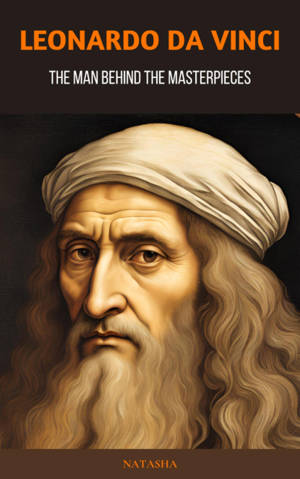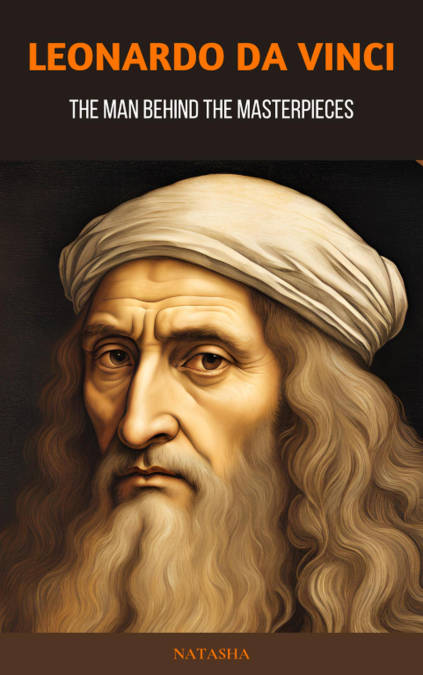
- Afhalen na 1 uur in een winkel met voorraad
- Gratis thuislevering in België vanaf € 30
- Ruim aanbod met 7 miljoen producten
- Afhalen na 1 uur in een winkel met voorraad
- Gratis thuislevering in België vanaf € 30
- Ruim aanbod met 7 miljoen producten
Omschrijving
Leonardo da Vinci, born in 1452 in Vinci, Italy, epitomizes the Renaissance ideal of the "Universal Genius." Renowned as a painter, sculptor, architect, engineer, scientist, and inventor, Leonardo's diverse talents and insatiable curiosity set him apart. His artistic masterpieces, such as the "Mona Lisa" and "The Last Supper," showcase his pioneering techniques in perspective, light, and composition. Beyond art, Leonardo made groundbreaking contributions to anatomy, studying human and animal bodies through dissection, and recording meticulous anatomical drawings. He delved into engineering, designing concepts for flying machines, war tools, and hydraulic systems. His scientific investigations ranged from optics and geology to botany and astronomy.
Leonardo's notebooks, comprising thousands of pages filled with sketches, scientific diagrams, and philosophical musings, reflect his relentless quest for knowledge and innovation. Despite his brilliance, many of his scientific ideas remained largely unexplored in his time. Leonardo's legacy endures through his profound influence on art and science, shaping the Renaissance and paving the way for future generations of artists and scientists. His life remains a testament to the power of curiosity, creativity, and the pursuit of knowledge.
Specificaties
Betrokkenen
- Auteur(s):
- Uitgeverij:
Inhoud
- Taal:
- Engels
Eigenschappen
- Productcode (EAN):
- 9798227148322
- Verschijningsdatum:
- 10/07/2024
- Uitvoering:
- E-book
- Formaat:
- ePub

Alleen bij Standaard Boekhandel
Beoordelingen
We publiceren alleen reviews die voldoen aan de voorwaarden voor reviews. Bekijk onze voorwaarden voor reviews.









